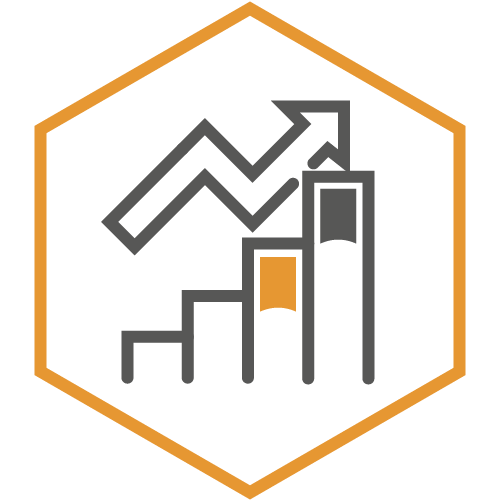Already households are facing rising inflation and increasing energy prices, with income tax payments set to increase in the spring of 2022. There are also rumours that council tax increases might be required. So, even those who were fortunate enough to not have to rely on savings, go into debt or take repayment holidays over the past 18 months will likely have to reevaluate their finances to prepare for the price rises.
How can you prepare your personal finances for the next 12 months?
Remortgage onto a lower rate
Are you currently on your lender’s standard variable rate (SVR)?
You could be able to reduce your monthly repayments simply by remortgaging into a fixed rate deal. As advisers we are able to look at your existing mortgage product and provide tailor made advice to see just how much money you could save each month by fixing into a new deal right now.
Consolidate debts
Do you have credit card debt? You may be able to transfer the debt onto a 0% balance transfer credit card, which will provide an interest-free period in which to repay the outstanding balance, often making it quicker and cheaper in which to pay off the credit card debt. Consumers considering moving their credit card balance to a 0% balance transfer credit card should, if possible, aim to repay the debt in full before the interest-free period ends. The longest interest-free period on balance transfers is currently 31 months, and consumers can compare all these types of credit cards via advice sites.
Change insurance policies
Although insurance policies, such as home insurance or car insurance, are essential outgoings you could be paying more than you need. Saying this, when choosing an insurance policy, you should ensure that you are fully covered for your needs, which may involve choosing a slightly more expensive policy, but which will provide all the cover required. We can help with home insurance and your protection policies to ensure that you don’t lose benefits when opting for a cheaper premium.
Review savings
Along with looking for ways to reduce monthly outgoings, if you have savings then you should review your savings accounts to make sure they are getting the best returns possible. The past few months has seen average rates on many savings accounts start to rise. With inflation rising, however, savers will find that no savings account rate can currently match or beat the inflation rate which means you may find the value of the savings is eroded in real terms.
Savers with an emergency savings fund already saved into an accessible savings account, and who have an excess amount of savings, could consider investing as well. Investing is a riskier option than putting money into a savings account as it could result in the investment not making any returns or, in some cases, the investor could lose all their money, including their initial deposit. In return for the risk, investments can result in investors making a better return on what can be earned on a savings account. For more information speak to us about stocks and shares ISAs.
Don’t just take our word for it! For more information on rising inflation and your options check out this article from Quilter.
This guide is for information purposes and does not constitute financial advice, which should be based on your individual circumstances.
The value of investments may go down as well as up and you may get back less than you invest. Past performance is not a reliable indicator of future performance.
An investment in a Stocks & Shares ISA will not provide the same security of capital associated with a Cash ISA.
Your home may be repossessed if you do not keep up repayments on your mortgage.






